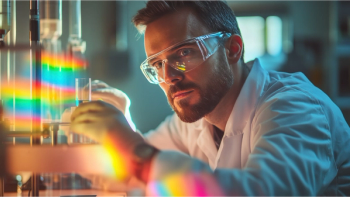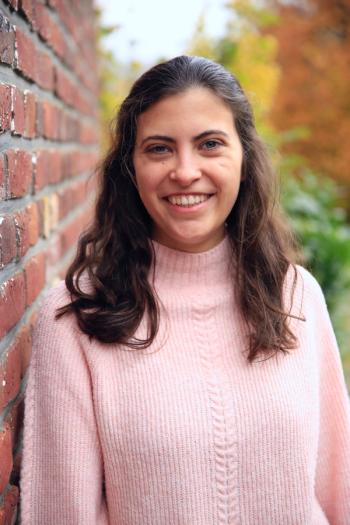
NYSAS to Host Virtual Meeting on Vibrational Spectroscopy
The talk will take place during their online meeting on March 18, 2021 at 12:00 noon EST.
The New York Section of the Society for Applied Spectroscopy (NYSAS) invites all interested parties to attend their online meeting that is scheduled to be held on March 18, 2021 at 12:00 noon EST.
The meeting includes talks by Professor Heinz Seisler and Marina de Gea Neves from the University of Duisberg–Essen. Seisler’s presentation is titled “Handheld Near-Infrared Spectrometers: On-Site Quality Control and Protection against Product Counterfeiting” and de Gea Neves’s talk is titled “Food Authentication and Classification Using Vibrational Spectroscopy in Tandem with Chemometrics Tools.”
Heinz Siesler is an Emeritus Professor of Physical Chemistry at the University of Duisburg-Essen, Germany, with expertise in vibrational spectroscopy for chemical research, analysis, and process control. He has written more than 240 publications in peer-reviewed journals and four books and presented more than 350 lectures worldwide. Since 2012, he has been a Fellow of the Society for Applied Spectroscopy and has received several NIR spectroscopy awards. He also worked as guest professor at Ecole Normale Superieure in Paris, France, Kwansei Gakuin University in Sanda, Japan, and the University of Innsbruck in Innsbruck, Austria.
Marina de Gea Neves graduated from the University of Duisburg–Essen in 2020 with a PhD in Analytical Chemistry. The main focus of her research is developing chemometric models using Raman, NIR, and MIR portable and benchtop instruments for authentication, classification, regression, identification of adulterations, contaminations, quality control, determination of nutritional parameters in edible oils, powder supplements, noodles and sauce, bread, powder milk, and others.
The meeting of the New York section of SAS will be held virtually over Microsoft Teams. Interested persons can join the meeting from their computer by going to the link posted on the announcement below.
Newsletter
Get essential updates on the latest spectroscopy technologies, regulatory standards, and best practices—subscribe today to Spectroscopy.





